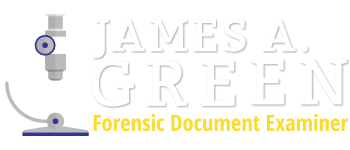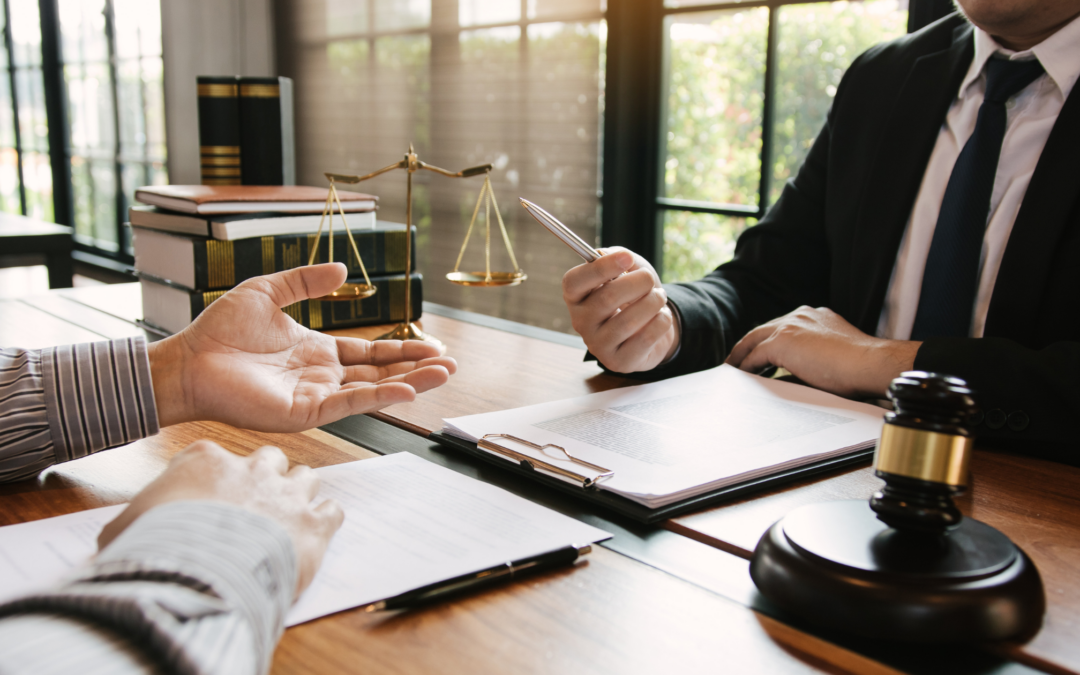Signing a legally binding document is a significant moment – an agreement between two or more parties that seals the terms of an arrangement in writing. However, confidence in the binding aspect of the document may diminish if a dispute develops. Challenging the document will require evidence of tampering or the fabrication of a signature. A Forensic Document Examiner is trained to look for anomalies that would support a document should not be relied upon. Conversely, a document examiner may be consulted to evaluate a document to confirm there were no indications of falsification.
In this blog post, we’ll explain why engaging a forensic examiner can provide invaluable assistance when disputing legal documents.
First Step: Gather Important Evidence
One of the first steps is searching for relevant documentation and correspondence that can support your claims – this may include emails, texts, contracts, drafts, negotiations, transcripts, or other documents that offer valuable insights into the matter. Additionally, witnesses play an essential role in corroborating your version of events, so it’s critical to identify and contact individuals who have firsthand knowledge about the document preparation history. As you gather the vital information, maintain an organized file of the evidence gathered to provide to your attorney and refer to during testimony.
Submit Your Document(s) to a Forensic Document Examiner
In consultation with your attorney, retain the assistance of a qualified forensic document examiner to analyze your materials accurately. These experts possess the necessary skills and experience to evaluate documents and provide objective evidence regarding their legitimacy.
Maintain open communication with your examiner by providing information related to pending court dates, soliciting advice in collecting writing samples, and so forth. The document examiner should be glad to provide guidance in the materials needed to build a good foundation for their opinion.
What Does a Forensic Document Examiner Do?
A forensic document examiner routinely analyzes documents for evidence of alterations. Examinations include the review of handwriting, signatures, stamps, seals, papers, and other types of evidence that might be present on the document in question. The goal is to uncover any inconsistencies or irregularities that could lead to a successful challenge of the document’s validity in court.
Entrusting the Examination to a Professional
The internet offers a large number of choices for document examiners. As with any other profession, experience, training, and professionalism vary among them. Some are “self-trained.” Many learned via an online correspondence school type of format. Some began training as a graphologist, then transitioned to accepting work as a document examiner. None of the above training types are accepted by the well-respected certifying organization, American Board of Forensic Document Examiners, nor many professional organizations with significant memberships of government-trained and employed document examiners.
One purported document examiner this writer opposed taught classes in cake decorating while accepting cases as a document examiner. Another examiner found on the internet has felony convictions. As you can imagine, their examination costs will vary greatly. Although it is natural for us to take advantage of lower prices, decide if doing so would be acceptable in your case. What credentials of your expert would you like the judge and/or jury to learn about?
Those deciding the fate of your case will assign “weight” to the credentials of your document examiner. Is the examiner Certified by the American Board of Forensic Document Examiners? What professional organizations do they belong to? Are they active with those organizations? Do they participate in proficiency training? When the judge/jury learns your examiner has a felony conviction or earns their primary income by cake decorating, you may wish you had opted to retain a better-credentialed expert.
Disputing a Legally Binding Document Using an Expert
When challenging or defending your legally binding document, having an experienced forensic document examiner retained in your case can be advantageous. These experts review cases thoroughly and provide credible opinions on questioned documents based on their training and experience–which could ultimately lead to a successful court proceeding concerning your matter.
Schedule a Consultation Today
With over three decades of experience and testimony given in over 150 court trials, James A. Green is a well-qualified document examiner. He commonly receives wills and other estate documents to examine and provide feedback to clients regarding evidence of genuineness or fraud. Cases range from standard contracts to threatening notes, medical records, accounting ledgers, etc.
Mr. Green is Certified by the American Board of Forensic Document Examiners. He is an active member of three professional organizations: the American Society of Questioned Document Examiners, the American Academy of Forensic Sciences – Questioned Document Section, and the Southwest Association of Forensic Document Examiners. He remains active in those organizations and regularly attends their conferences and workshops. Contact Mr.Green regarding your case to discuss your specific case issue. Telephone (888) 485-0832 or send a message.

